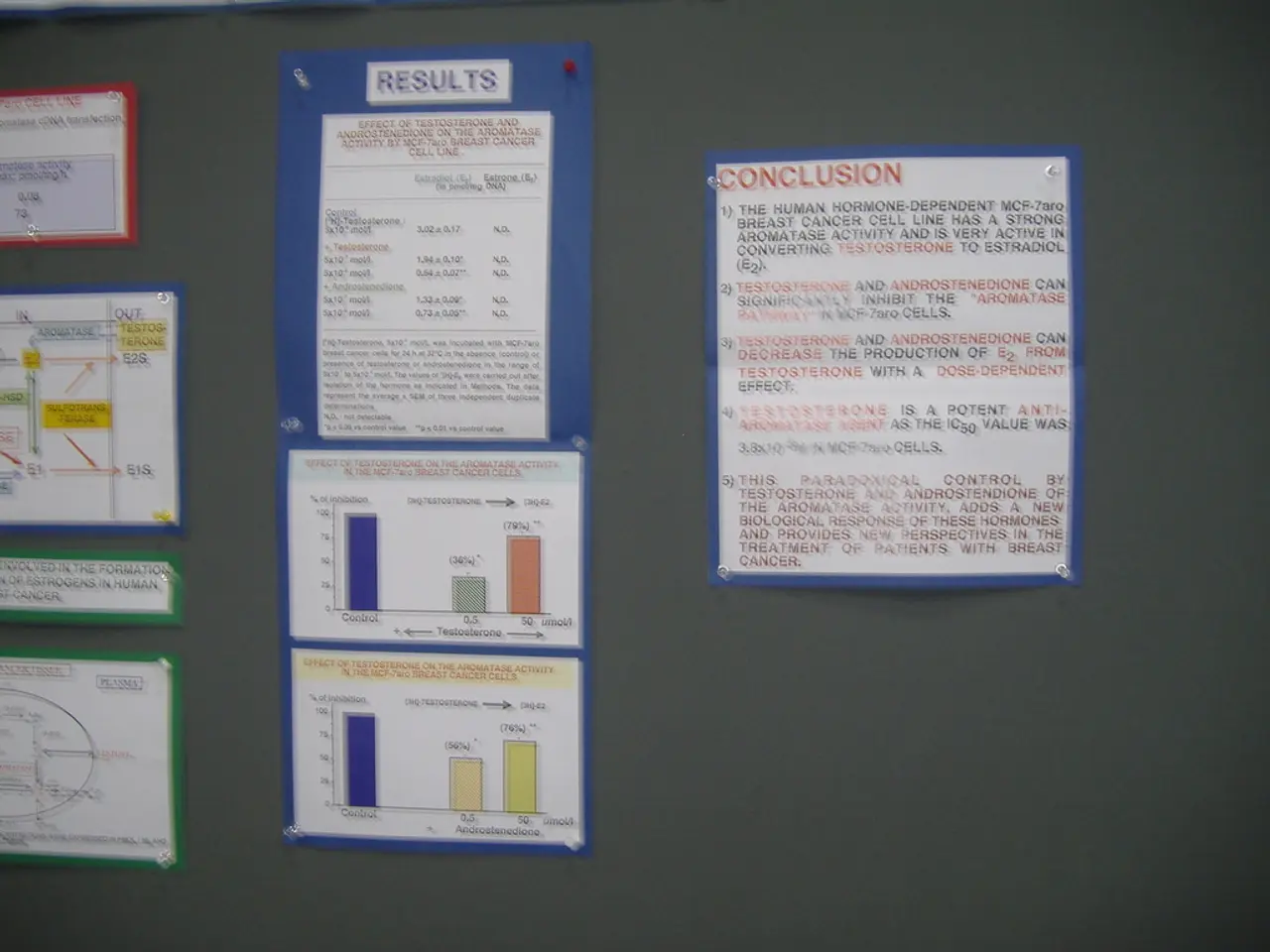Fiscal package aimed at addressing Romania's budget deficit commended by Moody's
============================================================
In a recent analysis, credit rating agency Moody's has expressed its approval of the fiscal measures adopted by the Romanian government, which are aimed at achieving budgetary balance. These measures are seen as a significant step towards reducing the budget deficit and slowing public debt growth at a faster pace than initially anticipated.
Last year, Romania's budget deficit in ESA terms stood at 9.3%, the highest in the EU bloc. However, Moody's estimates that if the current package of fiscal measures is fully implemented, the budget deficit could decline to 7.8% of GDP by the end of 2025 and further drop to 6.1% in 2026.
The fiscal package is expected to deliver about 0.6% of GDP fiscal consolidation in 2025, primarily from VAT rate increases effective from August 1, 2025. The consolidation in 2026 is projected to be more substantial, with approximately 3% of GDP consolidation driven by cumulative measures including dividend tax hikes and caps on public sector wage and pension indexation.
Moody's underscores the importance of the full and effective implementation of these measures, along with ongoing fiscal discipline, to return Romania to a sustainable fiscal trajectory and avoid downward pressure on the sovereign credit rating. The agency also highlights the importance of the second and third fiscal reform packages planned for later in 2025, targeting structural fiscal improvements such as state-owned enterprise reforms, enhanced revenue collection, and public administration modernization.
However, there is a risk that some of the planned measures may not generate the estimated contribution to deficit reduction due to deficiencies in execution or unforeseen economic conditions. Moody's warns that any deviation from the assumed plan could undermine stabilization efforts and exert additional downward pressure on Romania's sovereign rating.
The Romanian government's outlook was changed to negative in March, and government debt is expected to continue to rise to 62.6% of GDP by the end of 2026 (from 54.8% in 2024). Moody's now estimates that the debt will plateau at approximately 66.5% of GDP starting in 2029.
Moody's also emphasizes that reforms in the governance of state-owned companies and regulatory agencies will contribute to further deficit reduction. The rating agency continues to monitor Romania's fiscal situation closely and will reassess its outlook based on the government's progress in implementing these measures and reforms.
In conclusion, Moody's views Romania's fiscal measures as positive for improving the fiscal outlook and reducing budget deficits and debt growth. However, the agency stresses the risks associated with deviations from the plan or incomplete execution, which could jeopardize these gains and negatively affect Romania's sovereign creditworthiness.
[1] Moody's Investors Service, "Romania's Fiscal Measures Significantly Improve Fiscal Outlook", June 15, 2023. [2] European Commission, "Romania: Spring 2023 Economic Forecast", May 24, 2023. [3] Moody's Investors Service, "Romania: Key Credit Assumptions", June 15, 2023. [4] Government of Romania, "Second Fiscal Package of Measures", June 2023.
- The fiscal measures imposed by the Romanian government, as analyzed by Moody's, have been commended for their potential in reducing the budget deficit and slowing the growth of public debt, which are crucial aspects of both business and finance.
- The implementation of these fiscal measures, along with future policy-and-legislation like the second and third fiscal reform packages, is of immense importance in the political arena, as they aim to improve Romania's fiscal outlook, and could potentially influence general-news discussions about the country's economic stability.




